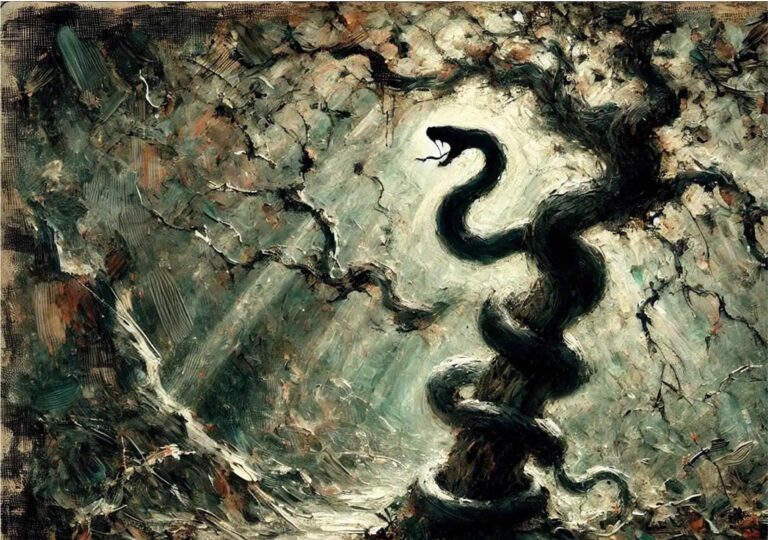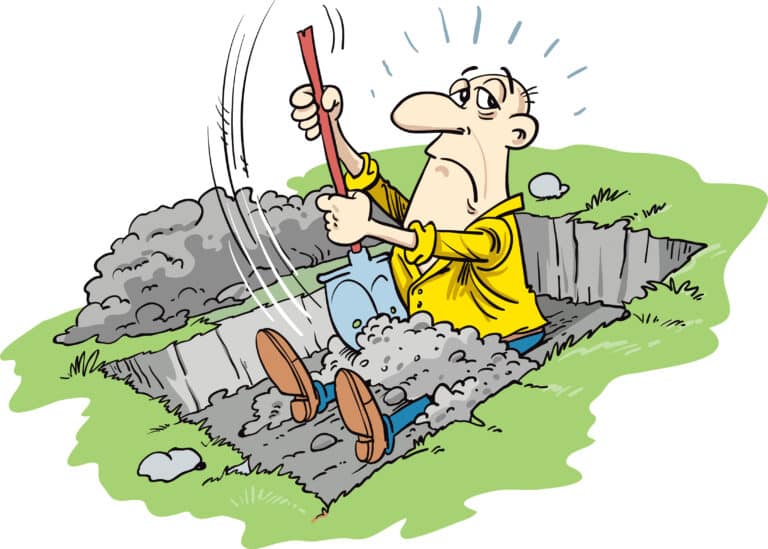Where have all the Liberals gone? Based on recent by-elections, it would appear they’ve migrated to the Greater Toronto Area. Unable to win in the Quebec by-elections of a few months ago, now struck down in northern Saskatchewan and almost defeated in the Liberal stronghold of Vancouver Quadra, only Toronto seems enamored of Canada’s “Natural Governing Party.” And despite its size, Toronto does not a majority party make.
Now certainly the Liberals will applaud the arrival of Bob Rae and Martha Hall Findlay for their firepower. The problem is, the range of that firepower may not extend much beyond the suburbs of our nation’s largest metropolis. Some will say this is a matter of leadership and that Stephane Dion is to blame. But if Dion must go, where will the Liberals turn for a new leader? Well, back to Toronto; to Ignatieff, Rae, Kennedy, Dryden, Hall Findlay, etc.: Torontonians one and all.
This fact, it seems to me, is a symptom of why the Liberals are unable to win. The Liberals can stack up big wins in Toronto and its urban and urbane ridings, but to be a natural governing party requires more. It requires that the party – any party – propose something to the nation (or at least the majority of the nation). Historically, the Liberals gained the natural governing party mantle by building up a coalition and rebuilding that coalition: something they are not doing now. But that building and rebuilding also requires a party to speak to Canadians about Canada. The Liberals speak to Torontonians about Liberals.
Since Confederation, parties have built coalitions and given those coalitions a direction. Macdonald and Cartier did this with the Conservatives, followed by Laurier with the Liberals. King had to reinvent the Liberals for another era and Pearson had to do the same thing for the party after its stunning defeat in 1958. The point is, the natural governing role is not permanent, it must be re-established each generation and it can be done by any party that does the hard work of putting together a coalition and then proposing a direction for that coalition.
I’ve said that Pearson was the last Liberal Prime Minister to do that. Many would argue Trudeau was the greatest Liberal of recent memory, but I would suggest it was Pearson who brought his party together, established a new coalition and gave a direction to that coalition. It was Pearson who sought to modernize what was a relatively conservative nation, and it was Pearson who gave that nation a direction. Trudeau, in many respects, picked up where Pearson began and added the arrogance and flare of a public intellectual to the mix. But it was Pearson with his slow plodding diplomatic ways who attempted to rebuild a governing Liberal coalition with a purpose.
What was Pearson’s purpose? It was the recreation of the traditional, if uneasy, co-operation between English and French Canada in a contemporary setting. Whether one agreed or disagreed with his approach, it certainly set the tune for the Liberals and it has had a significant impact on Canada. In doing so, Pearson did what Macdonald and Laurier and King had done before him. Today, the man following in the steps of Pearson and his predecessors is not a Liberal, but Stephen Harper. He and his inner circle of Conservatives are doing the hard work of building a coalition. Moreover, Harper is proposing something to Canada; he is speaking to Canadians about Canada. He may have started as a somewhat impatient intellectual, but he is also a rare kind of intellectual: one intelligent enough to respect politics rather than talk down to it.
This last point is worth repeating. Politics does not consist in the pontification of high-powered academics holding forth with dissertations on rights and freedoms. It is not the preening of college buddies and globe-trotting philosophes. Politics is, as Aristotle said, putting reasons in common. It is speaking to a nation about itself. When Pearson proposed something to Canada, it was about the Canadian nation. Similarly, Trudeau, for all his interest in individual rights, knew that the attempt had to be made to secure the political fact of Canada. It is sometimes said of the Charter of Rights and Freedoms that it consists of two parts. One is the Trudeau Charter. This contains the sections having to do with language rights and other matters of national unity. Significantly, these cannot be overridden by the notwithstanding clause. By contrast, the equality rights, especially section 15 of the Charter, are subject to the overriding mechanism. In other words, it was the political fact that drove Trudeau’s Charter, and it was the political fact that most concerned him.
Today, the Liberals have decided to paint themselves as the party of the equality Charter, not the unity Charter. Just think of Paul Martin’s over-blown efforts to cast himself as the defender of human rights against the big bad Conservatives. And not surprisingly, the party appeals to an urban and mobile Toronto audience, more interested in rights than unity. The issue here is a truly political one. Abstract rights and invocations of judicial action to ensure equality are fine fare for academics and lawyers: they love this sort of thing. But the abstract modern and equal individual is not sufficient in his or herself to found a nation. Nations require common purposes and goals, values and memories.
After his defeat in 1958, Pearson put himself to the slow work of building a coalition and then speaking to that coalition about Canada. And the Liberal Party backed him up. After a similar defeat in 1984, the Liberals went into bunker mode and spent their time on in-fighting between rival camps. They won elections under Chretien because the conservative vote was just as self-destructive. But Harper has learned the lessons of politics and is following the Pearson path. By contrast, the Liberals are walking a different road, relying mainly on their star players’ egos in the Toronto market, while the party disappears behind the curtains whenever a key vote comes up in the House of Commons.
Toronto was the heart of Canada, its political and economic core. Its pre-eminent concern was keeping Canada together by building coalitions. Today, it is no longer clear Toronto is interested in that role. Similarly, throughout the twentieth century, the Liberal Party of Canada was the instrument for constructing that coalition and making it work. There is no indication the Liberal Party will or can speak to Canada anymore. This is a party that has nothing to propose but the image of its Toronto dons. The recent spate of by-elections would seem to confirm this fact, in Outremont and Roberval, in Quadra and Saskatchewan. By-elections are supposed to be referenda on the government, but since the 2006 election it is the Liberals who have bled seats. The Liberals can congratulate themselves all they like about their newfound firepower on the front benches, but that firepower won’t mean much if its range is limited to the shores of Lake Ontario.





